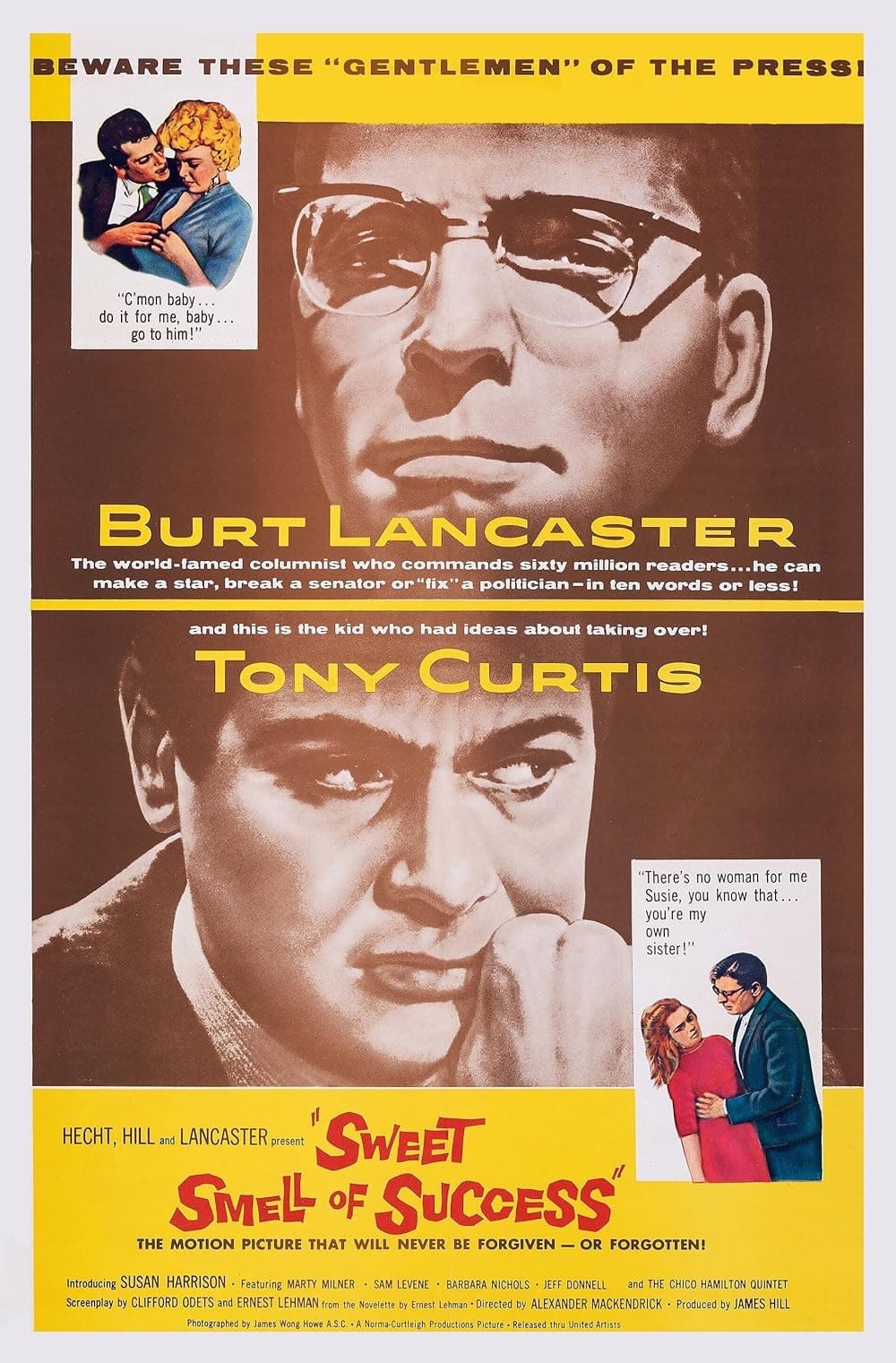
Sweet Smell of Success
1957
Rate this movie
Average: 0.00 / 5
(0 votes)
Director
Hot Lead is not simply a film noir, it is a dip in acid, a symphony of neon and poison played in smoky jazz clubs and wet alleys of a New York that never sleeps, but plots and revels in itself. It is an archetype of the genre, of course, but it is also something more: a work of almost unprecedented ferocity and literary intelligence, shot almost entirely at night, with the visceral yet elegant photography of James Wong Howe and the powerful, surgical direction of Scottish director Alexander Mackendrick. Wong Howe does not simply photograph the city, he transfigures it into a moral landscape. The rain-slicked streets reflect the neon lights like false and oily promises, the skyscrapers loom like idols of glass and steel, and the faces of the protagonists are masks carved by deep shadows, revealing and concealing the corruption of their souls. Mackendrick, who came from the Ealing Studios comedies, casts a ruthless and precise outsider's gaze on this metropolitan hell, orchestrating a claustrophobic drama that plays out between the tables of luxury restaurants and greasy phone booths.
The plot, on the surface, is simple. J.J. Hunsecker (a terrifying Burt Lancaster), an influential and despotic New York journalist whose column can make or break a career with a few poisonous words, discovers that his beloved sister is having an affair with a penniless jazz guitarist. Obsessed with a protective affection that borders on the pathological and incestuous, he decides that the relationship must end. To do so, he entrusts his sidekick, the slimy and ambitious press agent Sidney Falco (a Tony Curtis who shatters his image as a young actor to give the performance of his life), with the task of framing the musician with a drug story. But the situation, as in any self-respecting tragedy, spirals out of control, triggering a chain reaction of betrayals, lies, and violence that will overwhelm everyone.
It is impossible not to see how the story fits into noir literature as a perfect example of the genre. The dialogue, written by playwright Clifford Odets and Ernest Lehman, is the real star of the film. It is not realistic, it is a language unto itself, a hyper-stylized slang, a verbal jazz made up of brutal aphorisms and cutting metaphors. It is the direct heir to the prose of Raymond Chandler, but stripped of all traces of romanticism. If Chandler's Marlowe used cynicism as a shield to protect a core of integrity, Sidney Falco and J.J. Hunsecker use words as weapons to attack, manipulate, and destroy. Their New York is a world without heroes, populated only by predators and parasites. In this, with its atmosphere of moral decay, its power intrigues, and its characters driven by destructive passions, the film transcends noir and takes on the contours of a modern Jacobite tragedy, a Webster or Middleton drama set not in a Renaissance court but in the asphalt jungle and ambition of Broadway.
The connections and analogies with Billy Wilder's The Bad and the Beautiful are inevitable and illuminating. Both are absolute pinnacles of noir cynicism, both fueled by sparkling and lethal dialogue. Both protagonists, Fred MacMurray's Walter Neff and Tony Curtis' Sidney Falco, are morally weak men who allow themselves to be drawn into a criminal spiral by a manipulative force greater than themselves. But here lies the ingenious twist of Hot Lead. If in Wilder and much of classic noir the corrupting force is the femme fatale, here her place is taken by a “homme fatale”: the diabolical J.J. Hunsecker. The relationship between J.J. and Sidney is a sadomasochistic dance between master and servant, a toxic bond of contempt and dependence. And the motive is not lust or greed for money, as in Wilder. It is something much more modern and abstract: the hunger for influence, power, status. Sidney Falco does not sell his soul for a woman or a suitcase full of money; he sells it for an honorable mention in J.J.'s column, to sit at his table, to breathe the same rarefied, poisonous air.
This shifts the heart of noir from the realm of crime of passion to that of systemic corruption in the media and public relations, making the film disconcertingly modern. It was a commercial flop upon its release, too dark and ruthless for American audiences in 1957. But time has consecrated it as an absolute masterpiece, a definitive portrait of the symbiosis between power and the press, and a timeless warning about how the sweet smell of success is, more often than not, indistinguishable from the stench of moral decay.
Main Actors
Country
Gallery
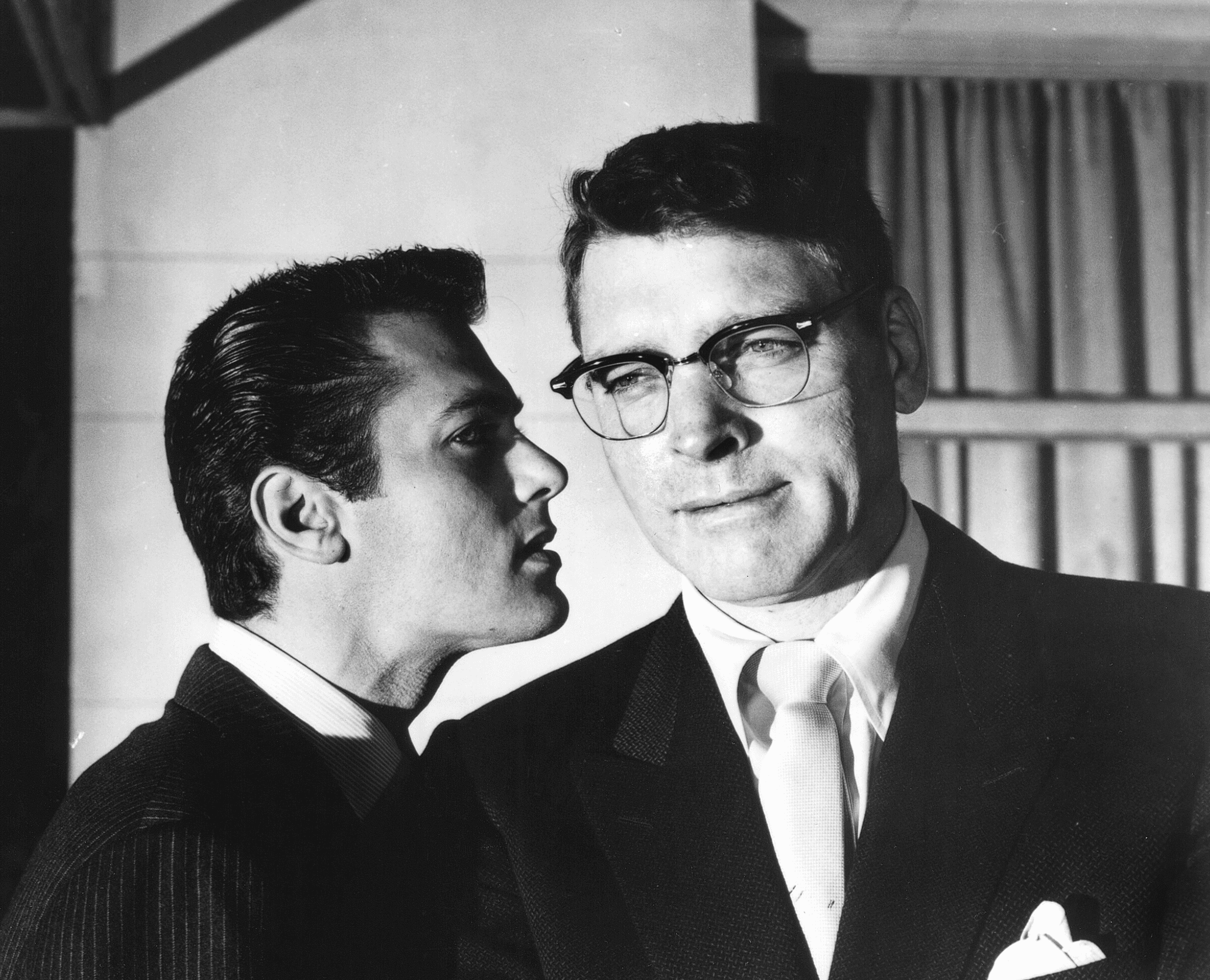
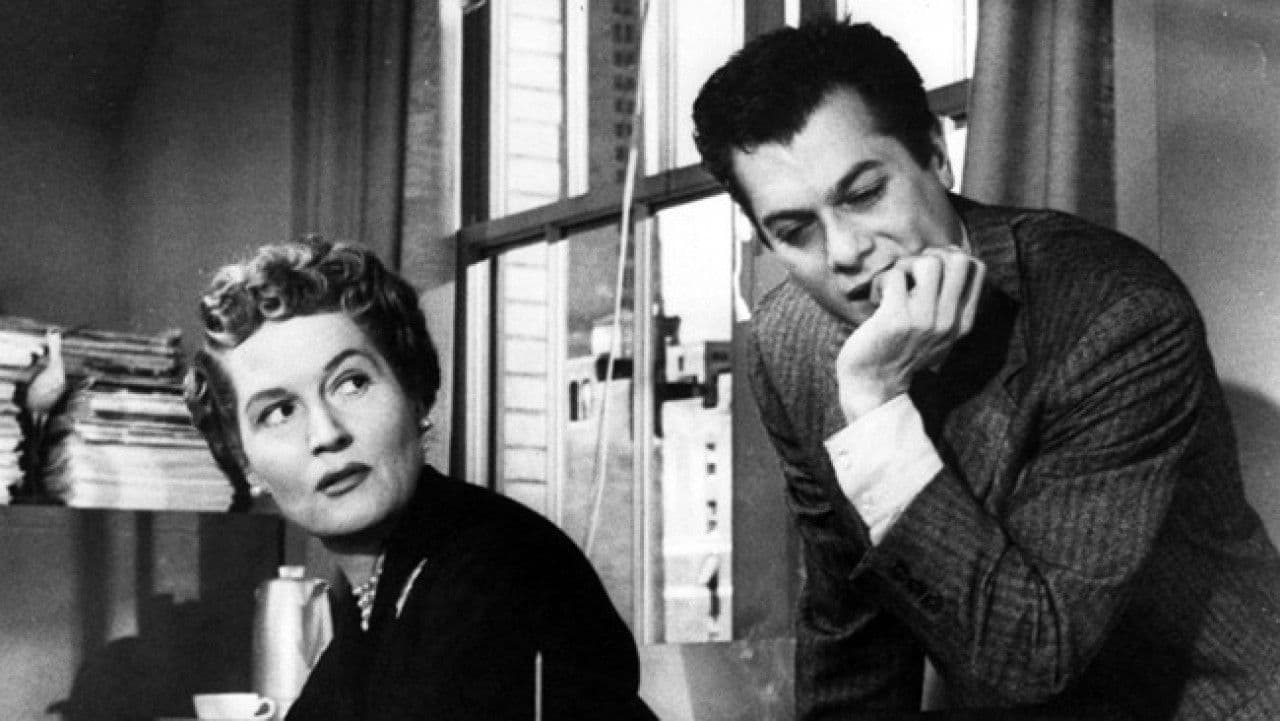
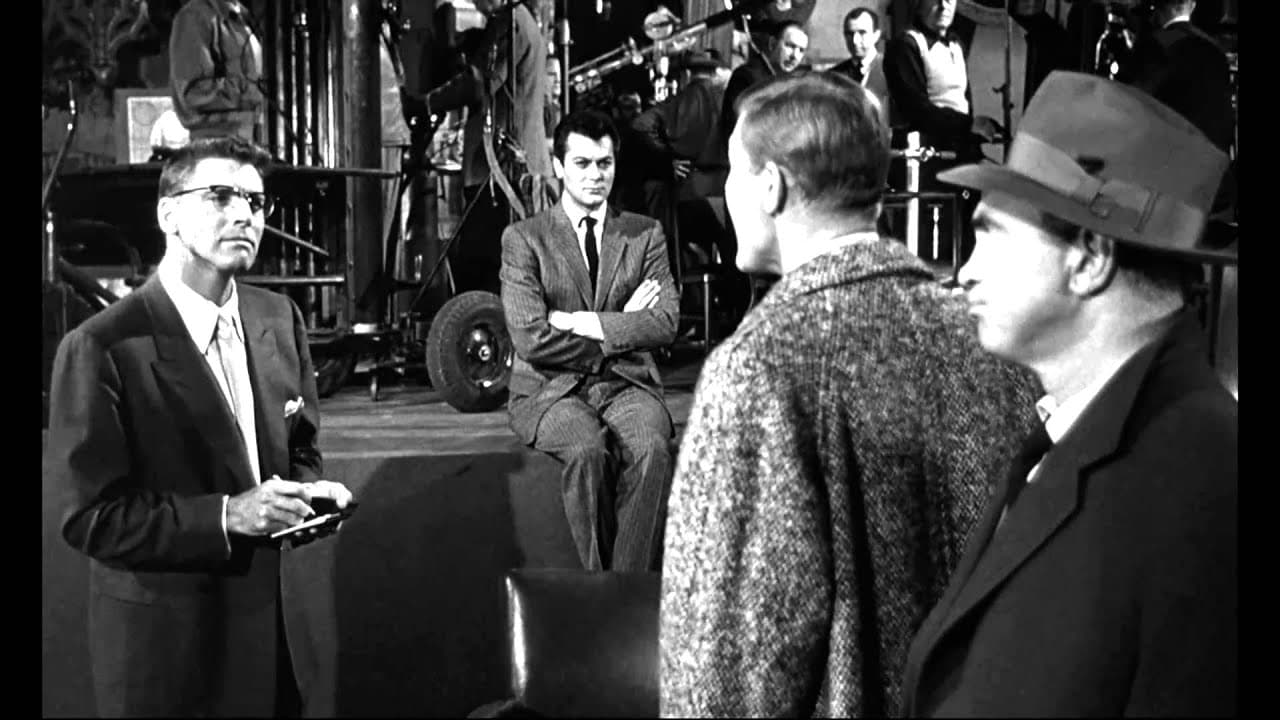



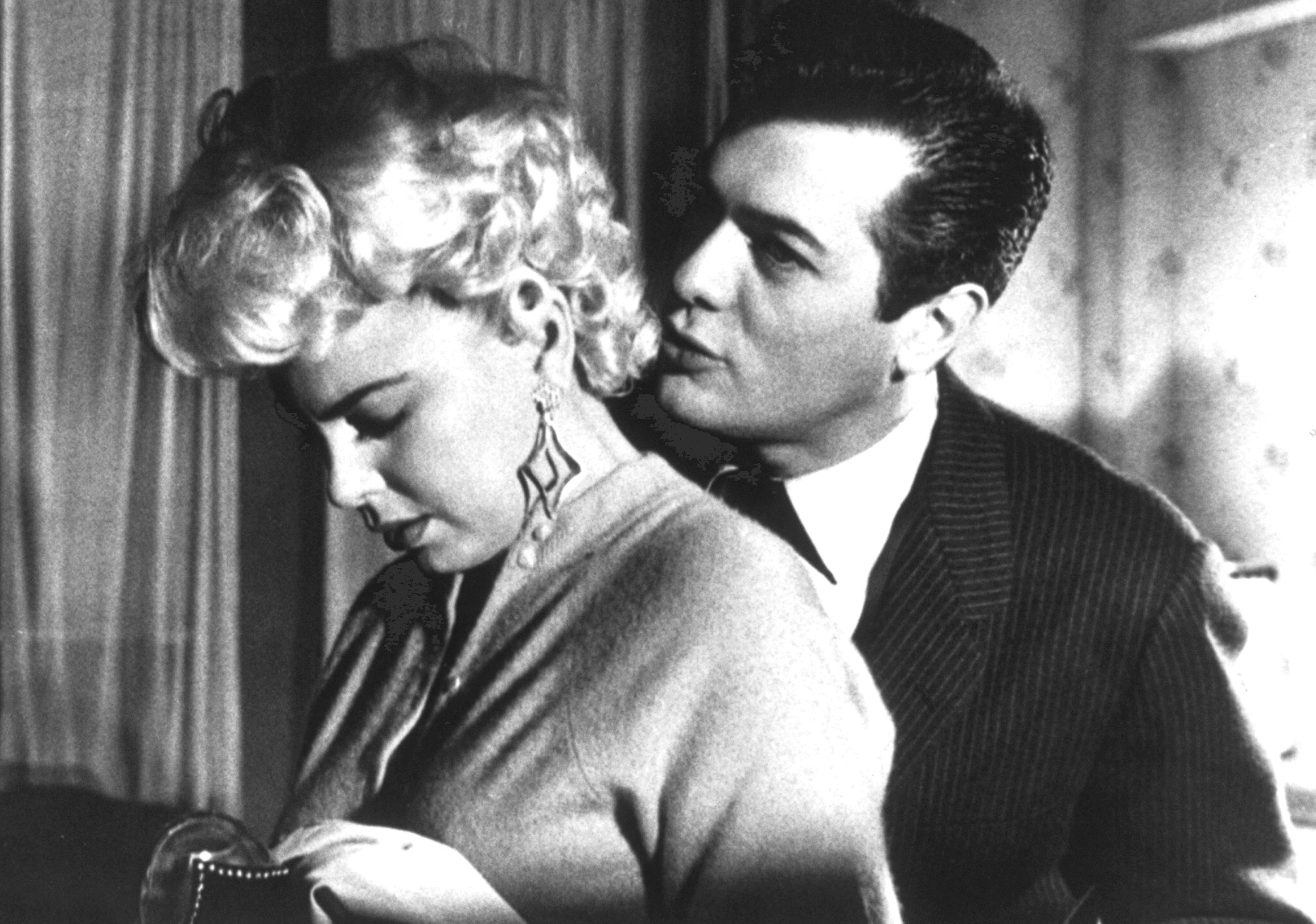
Featured Videos
Trailer
Comments
Loading comments...